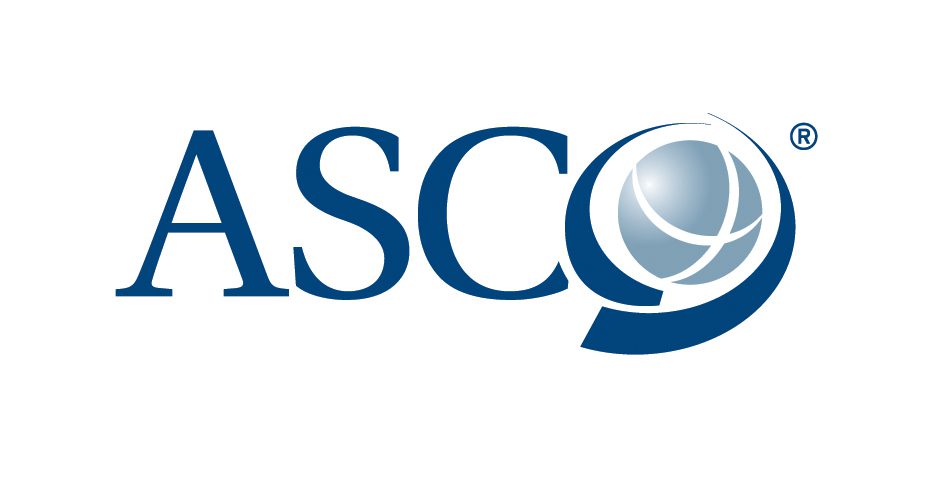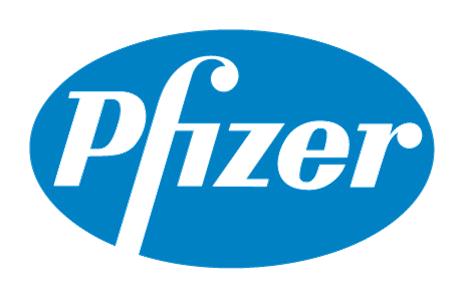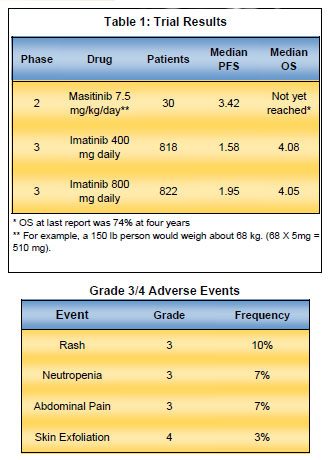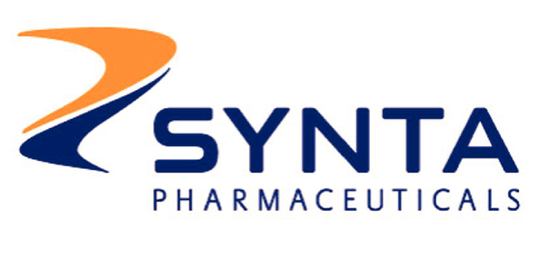Antibody Slows GIST Growth According to Stanford University Study
A recent study at Stanford University School of Medicine shows that an antibody slows GIST growth. The study shows that the antibody binds itself to the surface of a GIST Tumor and causes the growth of cancer cells to slow in the mice they tested.










